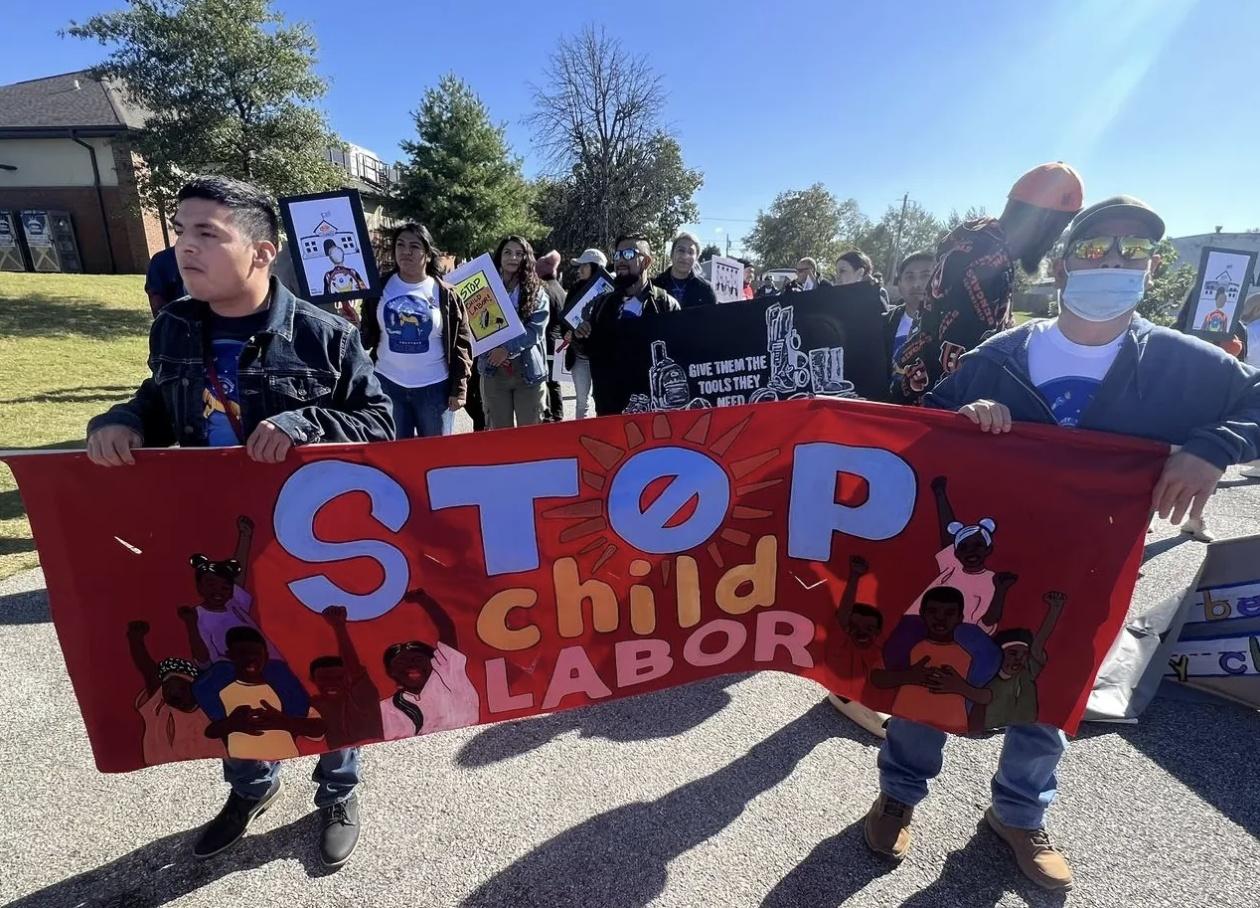Some 39% of the United States is farmland. But, according to the Department of Agriculture’s recently published farmer census, there are fewer farms, and the ones that are surviving are bigger than before.
Another statistic that’s worth pointing out: More than 150,000 farms and ranches use renewable energy, up 15% since the last census in 2017. Incorporating solar panels onto open fields or buildings was the most popular method. That’s progress.
But the demographics reported in the census are less of a cause for celebration. People of color and women remain underrepresented. Despite diversity efforts in recent years, less than 5% of America’s farms are owned by non-white people, the same percentage reported five years prior. Plus, in 2022, 36% of producers were women. The report notes that 58% of all farms had at least one woman with some decision-making power.
Farmers are also getting older, as the average age of American farmers ticked up to 58 years old. Some 9% of all producers are under the age 35. Younger entrepreneurial farmers are moving into the fields, though maybe not fast enough.
— Chloe Sorvino, Staff Writer
Order my book, Raw Deal: Hidden Corruption, Corporate Greed and the Fight for the Future of Meat, out now from Simon & Schuster’s Atria Books.
This is Forbes’ Fresh Take newsletter, which every Friday brings you the latest on the big ideas changing the future of food. Want to get it in your inbox every week? Sign up here.
What’s Fresh
How A Restaurant Supply Website With A Quirky Name Created A Billionaire Family
Fred Clark (right) says handing off Clark Associates to his son, CEO Gene Clark (left), and protégés like COO David Groff (center) was the “hardest thing I ever did in my life.”
JAMEL TOPPIN FOR FORBES
Fred and Gene Clark have devoured nearly a fifth of the $18 billion restaurant supply industry by following the Amazon playbook. Now they’ve cooked up a plan for greater growth.
How Workers And Faith-Based Investors Are Uniting To Stop Child Labor
Chicken processing workers are uniting with faith-based investors to eliminate child labor in the industry.
VENCEREMOS
The food industry is grappling with the growing prevalence of child labor. Meanwhile, major food brands face new pressures from shareholders and advocates to build more fair and dignified supply chains.
Power To Change: Centering Black Leadership In Environmental Justice
Resembling civil rights demonstrators of the 1960s, people march together in protest against a dump for toxic wastes in 1982.
BETTMANN ARCHIVE
Throughout history, Black communities have disproportionately borne the brunt of environmental hazards, from toxic waste sites to air and water pollution.
Green Hydrogen Could Help Save The Planet. This Startup Wants To Make It Cheap
Electric Hydrogen CEO Raffi Garabedian is hoping to displace dirty industrial hydrogen with a greener alternative.
CHRISTIE HEMM KLOK FOR FORBES
Electric Hydrogen will use massive plants powered by renewable energy to target a global hydrogen market worth more than $120 billion.
Field Notes
Chloe Sorvino
It’s stone crab season! The cuts on my fingers were so worth it for these sweet claws.
Thanks for reading the 103rd edition of Forbes Fresh Take! Let me know what you think. Subscribe to Forbes Fresh Take here.





